Organizers: Prof. Józef Dobosz and Dr. Robert Tomczak (Faculty of History, Adam Mickiewicz University in Poznań)
“Europe and the World Lecture Series” brings together leading scholars from universities across the world to share new research on the historical processes of European imperial expansion, intellectual and religious history, the conceptualisation of ritual and the growth of capitalism in the first age of globalization. Reflecting the global turn in history, the series addresses how polities in Europe, Asia and the Americas experienced, conceptualised, and shaped these world-changing events. The speakers have been selected for their innovative methods and approaches for telling new stories about the world and Europe.
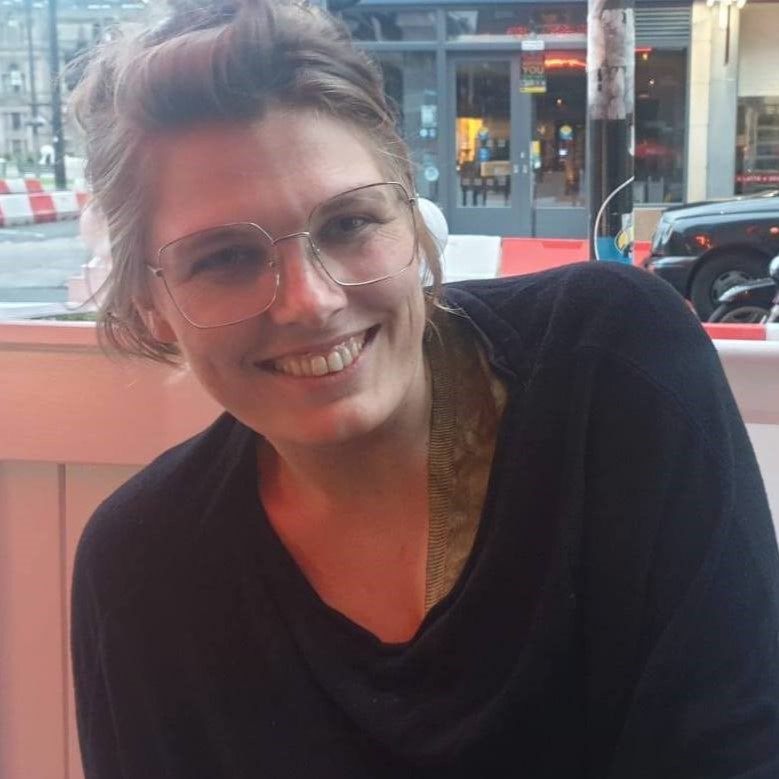
Dr Chloe Ireton (Lecturer in the History of Iberia and the Iberian World 1500-1800; University College London) works on the histories of race, slavery, freedom, and empire in the early Southern Atlantic world. She is currently at work on “Intellectual History from Below: Slavery & Freedom in the Early Iberian Atlantic”, a monograph that explores how free and enslaved Black men and women in the early Atlantic world conceptualized two strands of political thought – freedom and slavery.
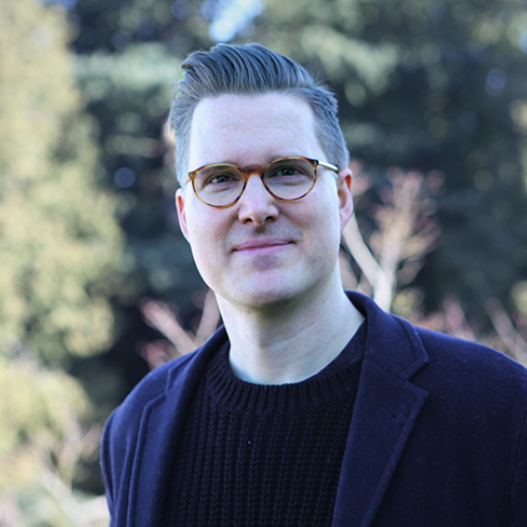
Dr Sebastian R. Prange (Associate Professor; The University of British Columbia) Sebastian Prange is the author of “Monsoon Islam: Trade and Faith on the Medieval Malabar Coast” as well as numerous articles on the history of Indian Ocean trade, piracy, maritime sovereignty. He is currently working on a biography of the medieval globetrotter Ibn Battuta.
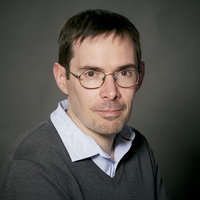
Prof. Francois Soyer (Associate Professor of History; University of New England) François Soyer researches the history of antisemitism in Europe, the Iberian inquisitions and sexuality and gender in early modern Spain and Portugal. He has published 6 books, including “Popularizing anti-semitism in early modern Spain and its empire. Francisco de Torrejoncillo and the Centinela contra Judíos (1674)” (Brill 2014) and over 40 peer-reviewed book chapters and articles.
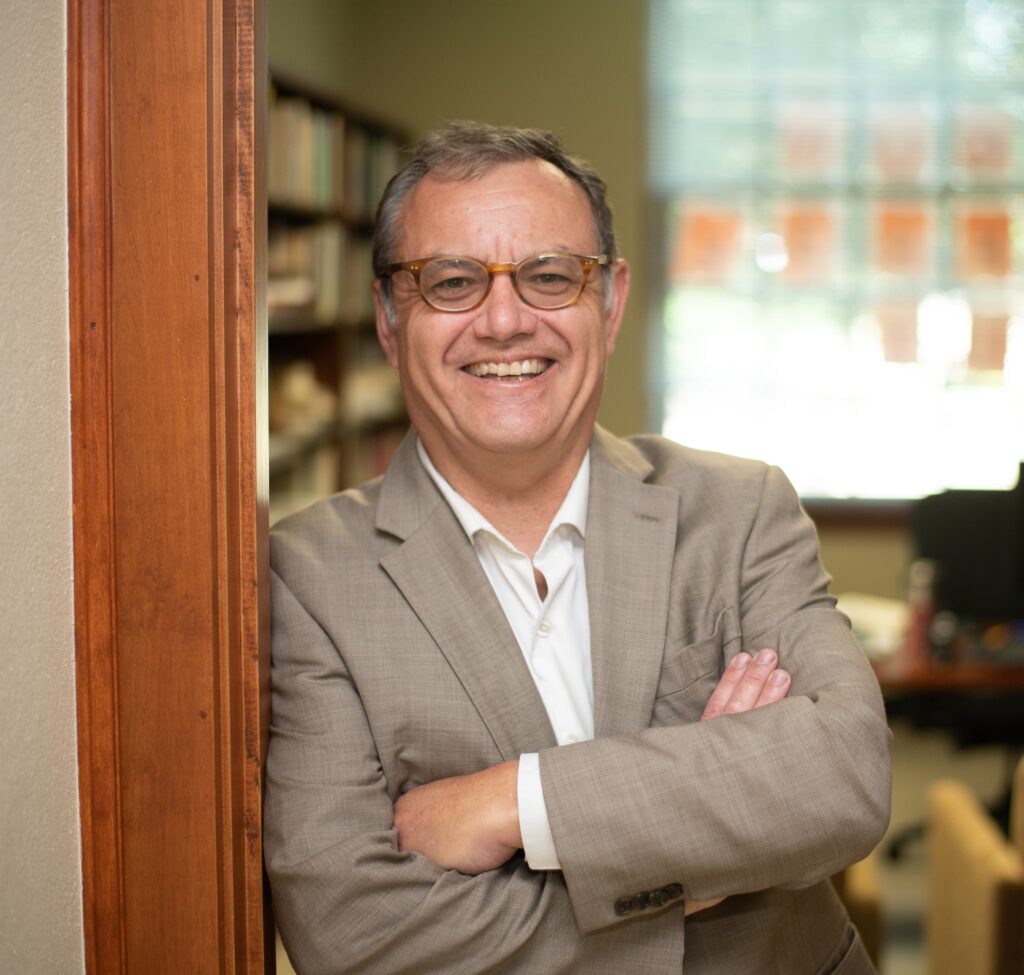
Prof. Jorge Canizares-Esguerra (Alice Drysdale Sheffield Professor of History; The University of Texas at Austin) Jorge Canizares-Esguerra examines the deep formative role of “Latin America” to the colonial history of the USA and to the history of “Western” modernity as a whole, not just slavery, globalization, and capitalism but also science, abolitionism, and democracy. He is the author of several books, including “Puritan Conquistadors” (Stanford 2006), “Nature, Empire and Nation” (Stanford 2007) and “How to Write the History of the New World” (Stanford 2001).
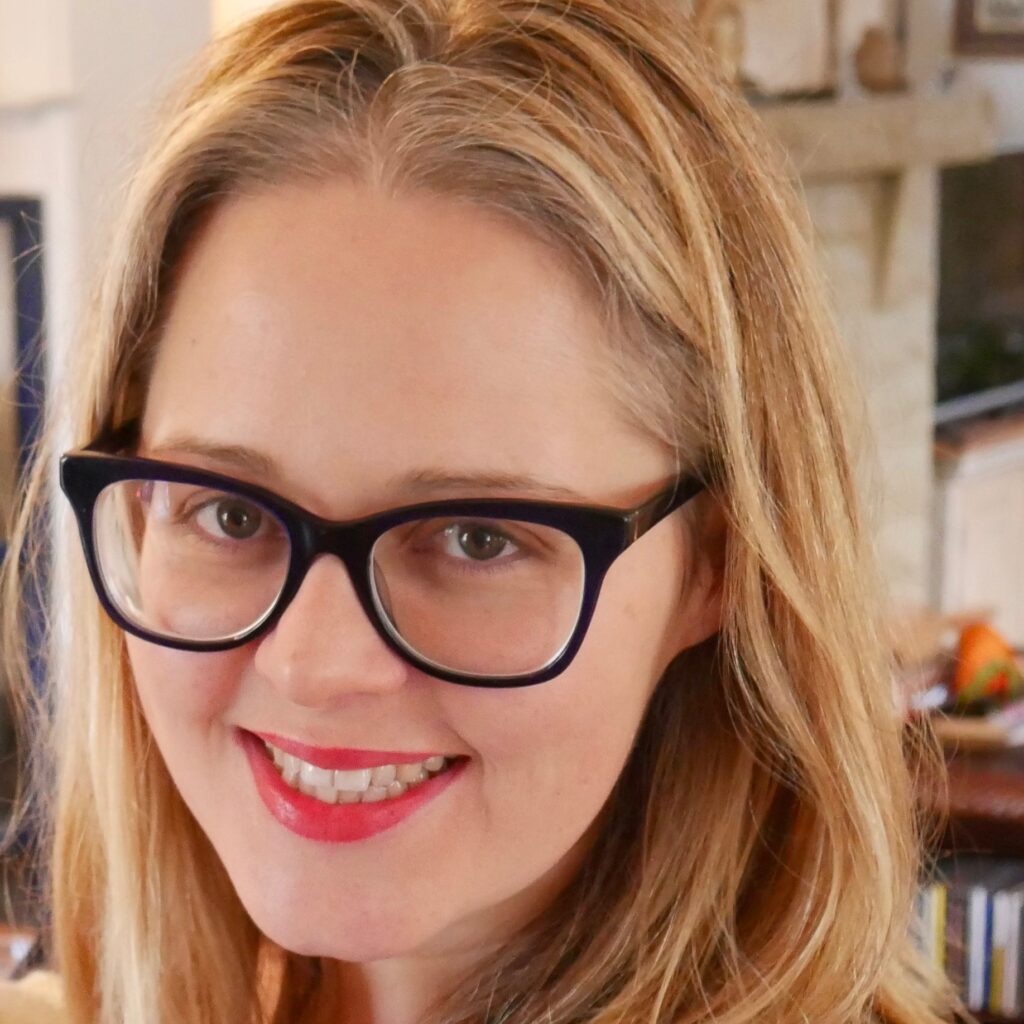
Dr Kristie Flannery (Research Fellow; Institute for the Humanities and Social Sciences; Australian Catholic University) Kristie Flannery is a historian of the global Spanish empire. Her most recent research explores urban women’s experiences of migration, labour, and love between slavery and freedom in the early modern Indo-Pacific world. Kristie’s research has won numerous international fellowships and awards and has been published in leading journals.
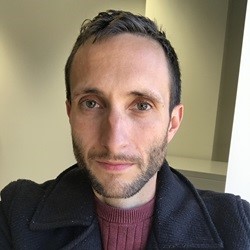
Dr Jonathan L. Zecher (Senior Research Fellow; Institute for Religion and Critical Inquiry; Australian Catholic University) Jonathan L. Zecher researches Christian asceticism, the medical cultures of late antiquity, and traditions of prayer and spiritual practice in Late antique, Byzantine, and Eastern Orthodox Christianity. His 2015 book explored the monastic engagement with death and judgment, centring on the Ladder of Divine Ascent. His latest publication “My second, Spiritual Direction as a Medical Art in Early Christianity” is due out with Oxford in 2022 and explores the medical context and logic of early monastic practices of spiritual direction.

Dr Michael D. Barbezat (Research Fellow; Institute for Religion and Critical Inquiry) is a historian of medieval intellectual and religious history. His work examines the convergencies of discourses regarding sexuality, heresy, demonology, and theology in the writings of medieval churchmen. He is currently working on a book “Questioning the Dead in the Middle Ages” which explores the methods medieval people used to speak with the dead as guides for our modern interrogation of the past.
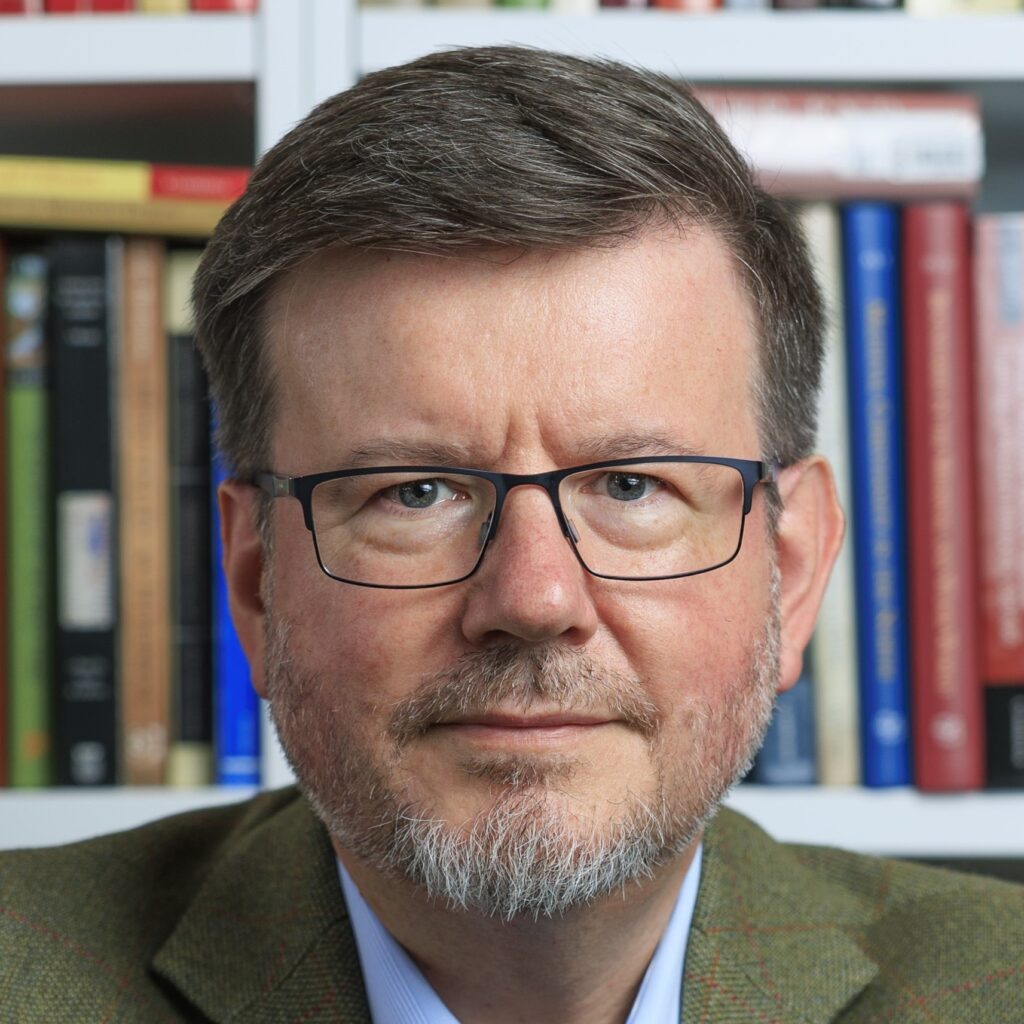
Darius von Guttner-Sporzynski (Research Fellow; Institute for the Humanities and Social Sciences; Australian Catholic University) Darius von Guttner-Sporzyński is a historian of East Central Europe with a particular interest in cultural aspects of transmission of ideas and identity. He is the General Editor of Brepols Publishers’ series “East Central Europe”. His publications cover diverse aspects of history from the Middle Ages to early modern and the modern eras. Darius’ most recent research project centres on a key Early Modern figure, Bona Sforza d’Aragona (1494-1557), Queen consort of Poland. He is currently editing two collections of essays for Brepols Publishers: “Jagiellon Europe – Central Europe”, examining the early modern dynastic networks of power and gender politics, and “The Jagiellon Queens Consort: Queenship, Role and Impact”, interrogating cultural, familial, religious, and political aspects of women’s exercise of power.
© 2023 All Rights Reserved